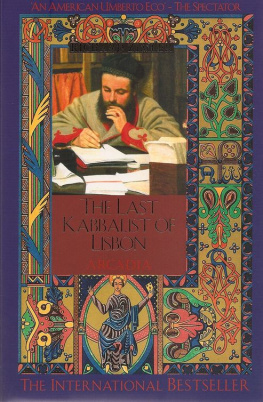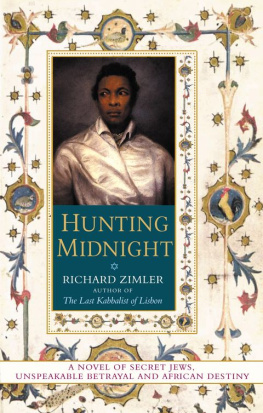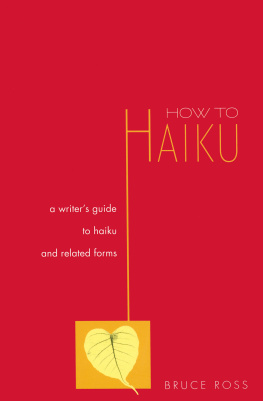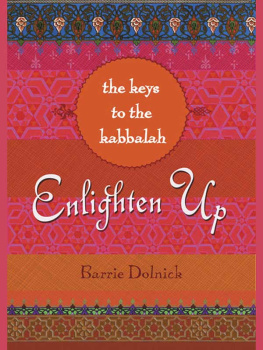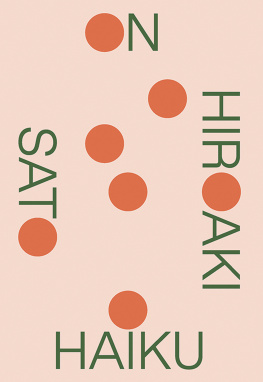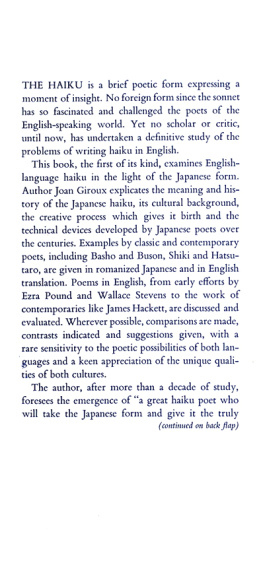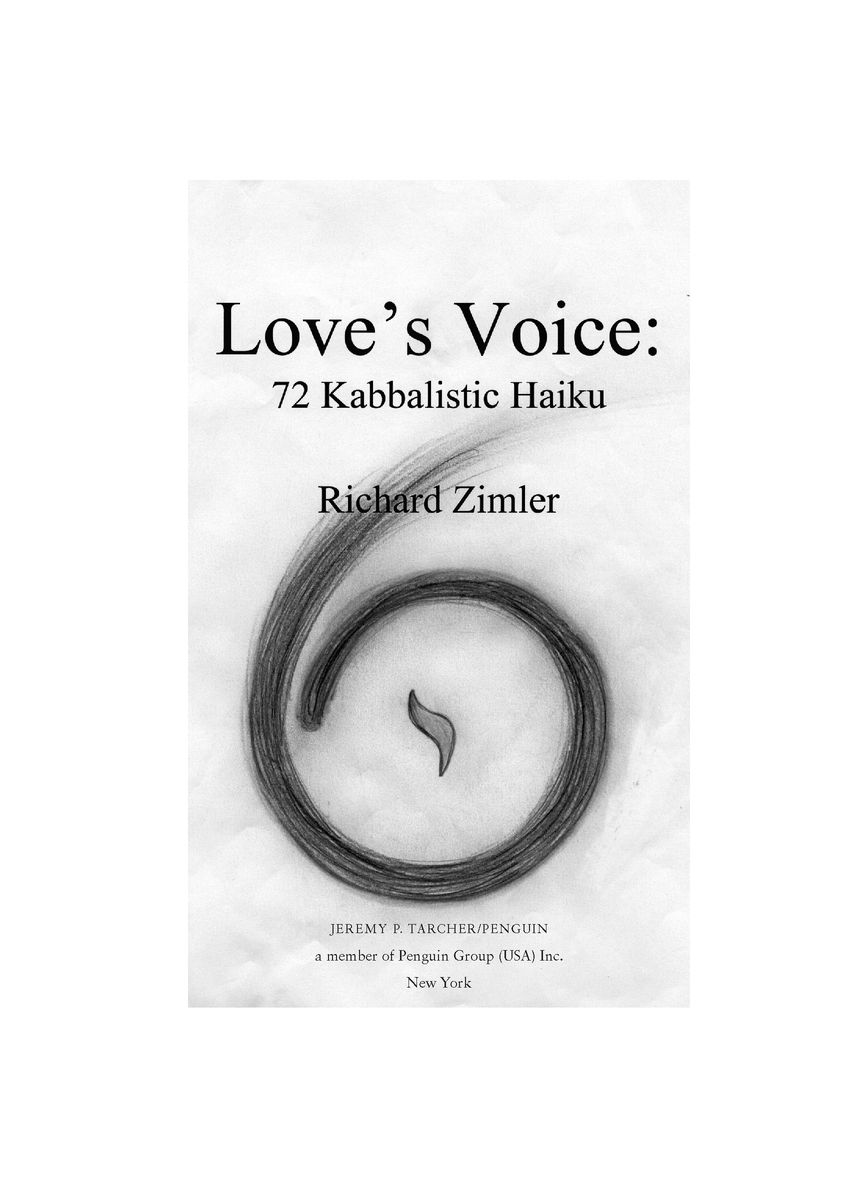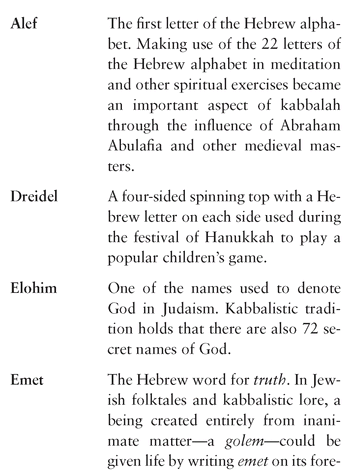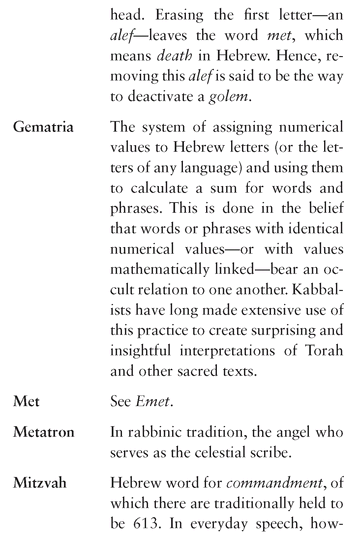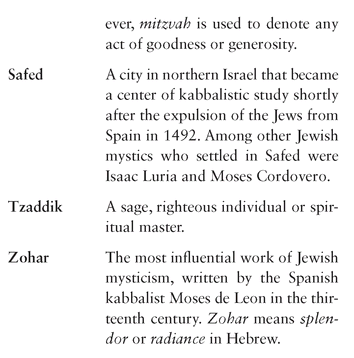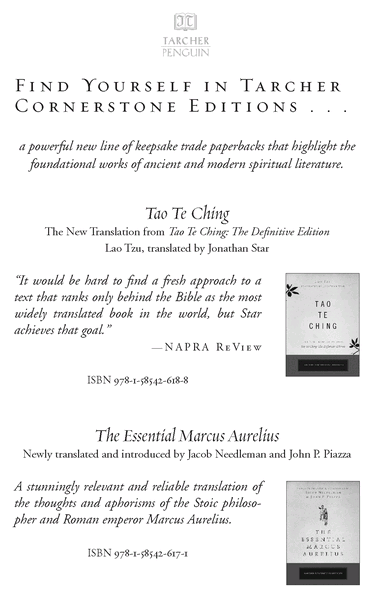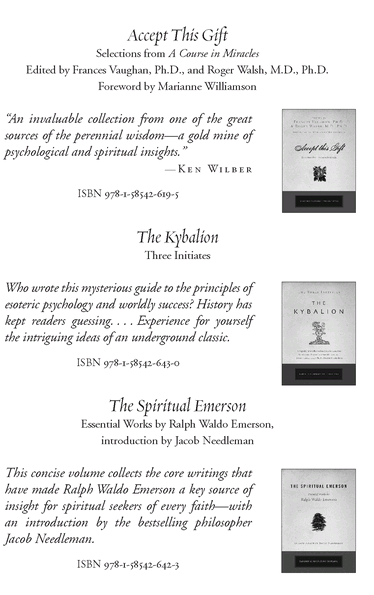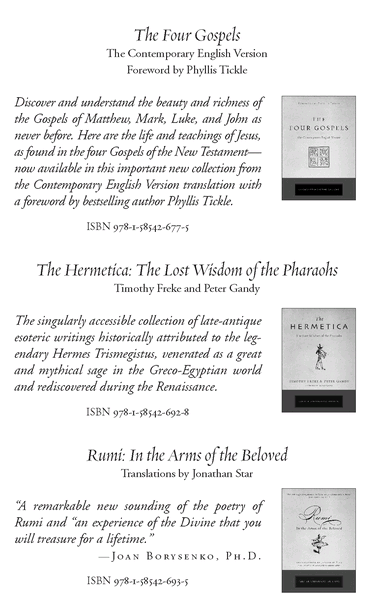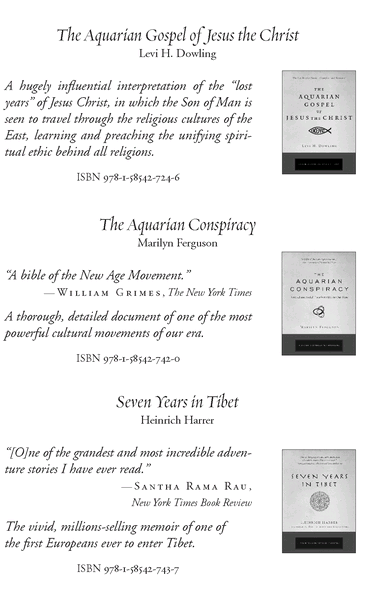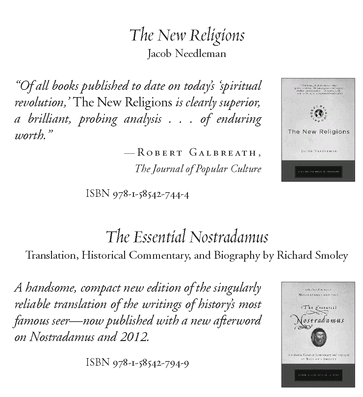Table of Contents
Glossary
About the Author
Richard Zimler is the internationally bestselling author of The Last Kabbalist of Lisbon and other acclaimed novels. Zimlers Sephardic Cycle consists of four historical novels (that can be read in any order) about different branches and generations of a Portuguese Jewish family. The novels in this series are The Last Kabbalist of Lisbon, Hunting Midnight, Guardian of the Dawn, and The Seventh Gate. His most recent novel, The Warsaw Anagrams (published in the U.S. by the Overlook Press), was chosen as the 2010 Book of the Year in Portugal, where he lives. Zimlers work has been published in twenty-two languages, and he has lectured on Jewish history and Kabbalah in cultural centers, museums, and universities all over the world.
If you enjoyed this book, visit
www.tarcherbooks.com
and sign up for Tarchers e-newsletter to receive
special offers, giveaway promotions, and
information on hot upcoming releases.
Great Lives Begin with Great Ideas
New at
www.tarcherbooks.com and
www.penguin.com/tarchertalks:Tarcher Talks, an online video series featuring interviews with bestselling authors on everything from creativity and prosperity to 2012 and Freemasonry.
If you would like to place a bulk order of this book, call 1-800-847-5515.
More Praise for LOVES VOICE
These haiku act as little firecrackers that flash in the mind as beautiful glimpses of insight.
Sylvia Boorstein, author of Happiness Is an Inside Job:
Practicing for a Joyful Life
These beautiful, insightful, and surprising haiku express a deep understanding of the Jewish mystical tradition. They are an inviting door into the spiritual riches to be found in every spiritual traditionreading this book will nourish your soul.
Rabbi Michael Lerner, editor of Tikkun magazine
Wittgenstein said he could imagine a religion composed entirely of jokes. Now Richard Zimler has presented us a mysticism composed entirely of haiku. Read and become enlightened!
Jay Michaelson, author of Everything Is God:
The Radical Path of Nondual Judaism
Zimlers Loves Voice blends creativity and spirituality to take the reader on a journey to insight. I found myself smiling again and again as the surprising marriage of form and content playfully led me to expansiveness and, yes, to love.
Rabbi Dan Ehrenkrantz, president, Reconstructionist
Rabbinical College
Provocative and illuminating!
Rabbi Jules Harlow
Introduction
I first discovered kabbalahJudaisms mystical traditionabout 20 years ago. It was then, while looking through bookshelves at my mothers house in New York, that I came across Gershom Scholems Major Trends in Jewish Mysticism. Reading this fundamental work changed my life. For the first time, I realized how shallow my understanding of Judaism was. It was as if I had been seeing only the surface of a vast ocean, and nowafter learning a bit about kabbalahI could see a few feet down into its great depths. It was also very exciting to discover close parallels between Jewish mystical beliefs and those of Islam, Buddhism and Hinduism, religions that Id studied while pursuing a university degree in comparative religion.
Over the past two decades, Ive read all I could about kabbalistic philosophy and practice. The symbolic reasoning of the Jewish mystics, and, in particular, their poetic approach to the Torah, has enhanced my understanding not only of Judaism but of myself and the world as well. Their writings have also had an enormous impact on my novels, often in subtle and unexpected ways. This is the first time, however, that I have tried to express my understanding of kabbalah in verse. I dont claim to have any special wisdom, but I have been lucky enough to have had powerful moments of insight and understanding, and these haiku are the direct result of such experiences.
Why the haiku form? In large part because the idea of bringing together two such disparate traditions seemed an exciting challenge, and one that would force me to find poetic ways of expressing mystical ideas. Indeed, just as I originally suspected, the characteristics and limitations of this Japanese traditionthe number of syllables per line, for instanceobliged me to search for creative and concise ways to express kabbalistic concepts. Also, the haikuwhich often depends on astonishment and insight for its charm and beautyseemed to me like the perfect form for the oft-surprising and paradoxical wisdom of kabbalah.
These haiku are meant for the general reader. They do not require any special knowledge of Jewish mysticism or, indeed, of Jewish culture. Having said that, many of these haiku can be read on different levels, like almost all kabbalistic poetry. In consequence, the range and depth of readers interpretations will depend on their understanding of themselves and the world, and on their affinity for mystical experience in general. Of course, readers who do have some background in kabbalah will find additionaland sometimes hiddenreferences and meanings in many of these verses. For anyone whose interest in Jewish mysticism is piqued by this book, I recommend starting with the works of Gershom Scholem, just as I did.
A few of the haiku include simple Hebrew terms that will be familiar to virtually all Jewish readers, as well as to those who have read the works of Jewish writers such as I.B. Singer and Philip Roth. For those without this background, I have included a brief glossary at the end of the book.
I first want to thank Gershom Scholem, who single-handedly made the hermetic concepts of kabbalah accessible to non-specialists like me. In so doing, he also helped restore this neglected and oft-despised tradition to its rightful place as a fundamental part of Judaism. I am also grateful to many other scholars, including Aryeh Kaplan, Moshe Idel, Herbert Weiner and Daniel C. Matt. Obviously, I am deeply indebted to the kabbalists themselves. I hope that masters such as Abraham Abulafia and Moses de Leon would approve ofand perhaps even appreciatethis little project of mine.


